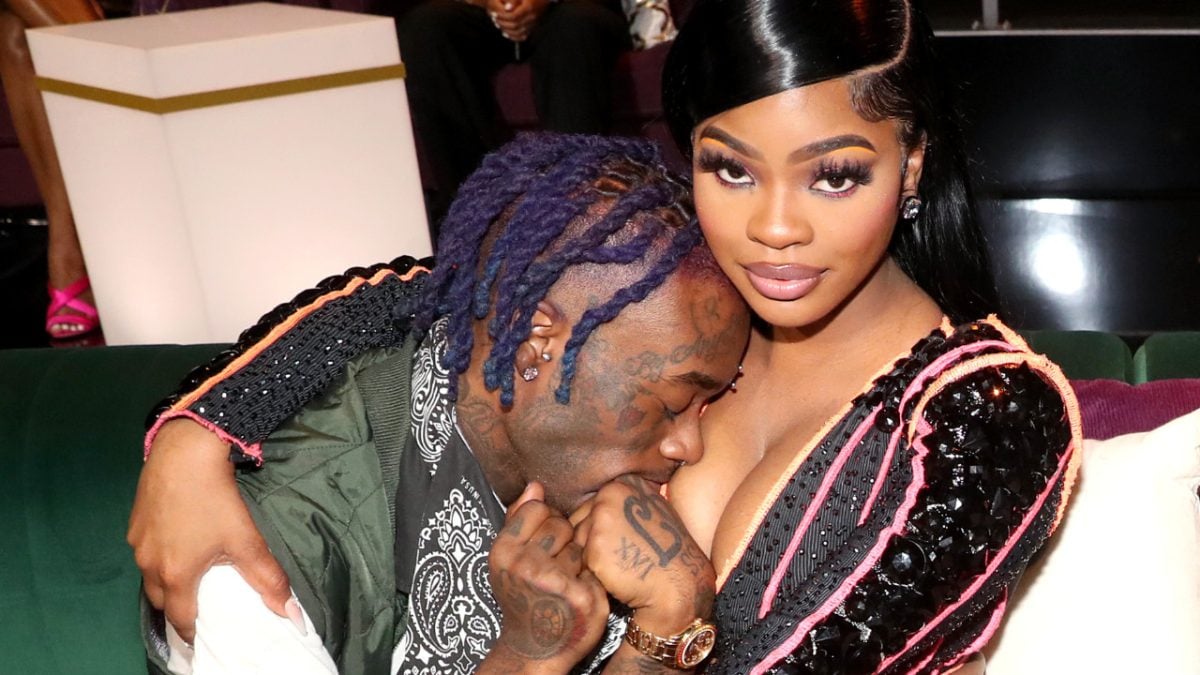On July 6, a tragic event unfolded in Springfield, Illinois. Sonya Massey, a 36-year-old Black woman, was fatally shot by an Illinois sheriff’s deputy. Massey had called the police, fearing a potential break-in at her home. However, the situation quickly turned deadly once officers arrived, escalating tensions that ended in her death.
Authorities later released bodycam footage, revealing the grim details of the incident. Two white sheriff’s deputies were seen searching Massey’s home and requesting her identification. The situation intensified when one of the officers noticed boiling water on the stove, leading to a fatal conflict. This tragic event has shocked the local community and many across the nation.
The Incident
On July 6 in Springfield, Illinois, Sonya Massey, a 36-year-old Black woman, met a tragic end when she was fatally shot by an Illinois sheriff’s deputy. Massey’s confrontation with law enforcement began when she called the police, fearing someone was trying to break into her home. The situation took a deadly turn once officers arrived and the tension escalated. This harrowing incident has left the local community and many around the country in shock.
Authorities later released bodycam footage, shedding light on the grim details of what transpired. The video revealed two white sheriff’s deputies searching Massey’s home and asking her for identification. The tension heightened when one of the officers noticed a pot of boiling water on the stove and asked Massey to remove it, citing fire concerns. During this interaction, Massey’s joking comment about the boiling water led to a deadly escalation.
Escalation and Fatal Shooting
In what appeared to be a moment of levity, Massey said, ‘I’ll rebuke you in the name of Jesus,’ insinuating a playful threat with the boiling water. However, one of the deputies sternly responded, ‘You better not. I swear to God, I’ll shoot you right in your face.’ This response shocked many who later viewed the footage.
The situation swiftly deteriorated. The deputy pulled out his gun and aimed at Massey. Despite Massey’s quick apology and attempt to defuse the situation, the officer fired three shots. One bullet struck her in the face, resulting in her death. The aftermath of the shooting was grim, with deputies acknowledging the fatal nature of the wound. Massey was transported to a hospital, where she was pronounced dead.
Community Outrage and Response
The community’s response was swift and filled with outrage. The release of the bodycam footage fueled public anger and sparked protests. Many are demanding justice for Massey and calling for reform in police practices. The local community, alongside activists and supporters from across the country, have rallied together, holding vigils and demonstrations to honor Massey’s memory and seek justice.
Social media has played a significant role in amplifying this outrage. Numerous posts and threads on platforms like X (formerly Twitter) have highlighted the incident, with many expressing their grief, anger, and demands for accountability. The hashtags #JusticeForSonya and #BlackLivesMatter have seen a surge in use, demonstrating widespread support for Massey and her family.
Solange’s Call for Change
Renowned R&B singer Solange has added her voice to the growing chorus of those demanding change. Taking to X, Solange shared her thoughts and feelings about the tragic event. She poignantly reflected on the first words Massey uttered when officers arrived: ‘Don’t hurt me.’ Massey’s concern fell on deaf ears, and Solange questioned the protective power of such words for Black women in America.
Solange’s emotional post also highlighted her solidarity with Massey’s family. ‘Rest in power Sonya Massey, and an abundance of love and power to Sonya’s family on this journey,’ she wrote. Her powerful statements have resonated with many, further spotlighting the issue of police brutality against Black women and the urgent need for systemic reforms.
Solange’s engagement with this issue underscores the broader cultural and social implications of such incidents. Her involvement has encouraged others in the entertainment industry to speak out, amplifying the call for justice and societal change. This incident, like many others, has brought to light the deep-seated issues within the policing system and the need for comprehensive reforms to protect vulnerable communities.
Legal Proceedings Against the Officer
The officer who fired the fatal shots, Sean Grayson, has been arrested and now faces serious charges. Grayson has been charged with three counts of first-degree murder, a significant development in the pursuit of justice for Massey. He is being held without bond as legal proceedings advance, and the trial date is yet to be determined.
Many view these charges as a step towards accountability. However, there remains a sense of cautious optimism. The community is closely watching the legal process, hoping it will bring about meaningful justice and set a precedent for handling similar cases in the future. The upcoming trial is expected to be a focal point for discussions on police reform and justice for victims of police violence.
The Broader Implications
Massey’s death is not an isolated incident. It forms part of a broader narrative concerning the treatment of Black individuals, particularly women, by law enforcement. This tragedy echoes other high-profile cases that have similarly sparked national and international outrage, calling attention to systemic issues within policing practices.
The incident has prompted renewed discussions about mental health and the appropriate responses to crises involving individuals with mental health conditions. Massey, diagnosed with paranoid schizophrenia, required support and understanding, not a fatal confrontation. This raises important questions about how law enforcement agencies handle mental health crises and the need for specialized training and approaches.
As the nation grapples with the implications of Massey’s death, there is an urgent call for comprehensive reform. Many are advocating for changes in police training, accountability measures, and community-based alternatives to traditional policing. The hope is that Massey’s tragic end will serve as a catalyst for lasting change, ensuring greater protection and justice for all individuals, especially marginalized communities.
Moving Forward
The death of Sonya Massey has left an indelible mark on her community and beyond. As her family and supporters seek justice, the incident continues to highlight the pressing need for systemic change. The ongoing legal battle and public demonstrations underscore the widespread demand for accountability and reform.
While the path to justice and reform is fraught with challenges, the collective efforts of the community, activists, and public figures like Solange provide hope. Their voices and actions are pivotal in driving the conversation forward, advocating for a more just and equitable society. Massey’s memory serves as a powerful reminder of the work that remains to be done.
Sonya Massey’s tragic death has highlighted systemic problems within law enforcement and the treatment of Black women in the United States. The swift community response and involvement of public figures like Solange emphasize the urgent need for change. Massey’s story is a powerful reminder of the work needed to create a more just society. Ongoing legal proceedings and public efforts will be crucial in pushing for accountability and reform.










